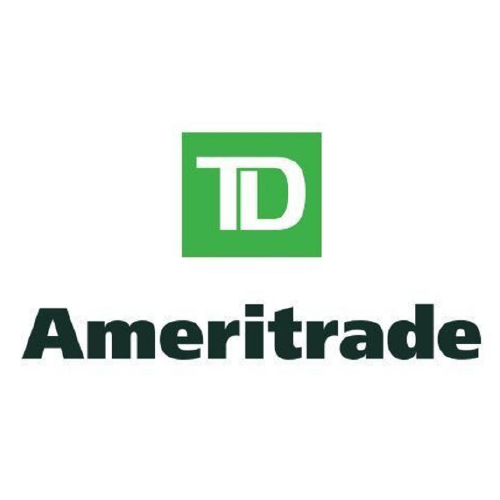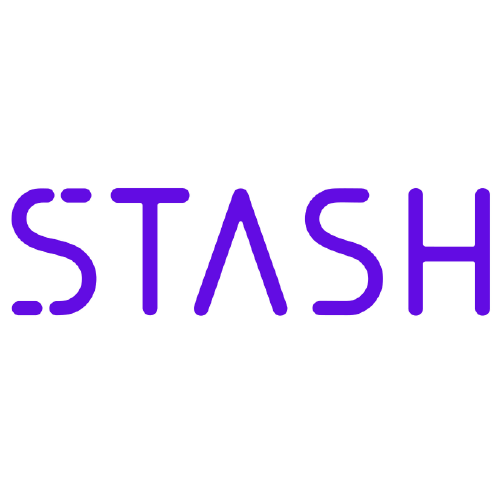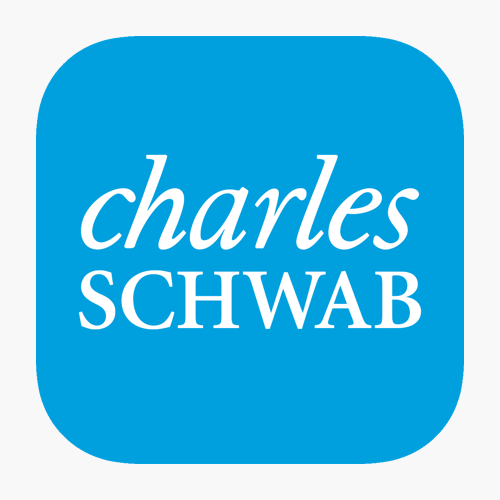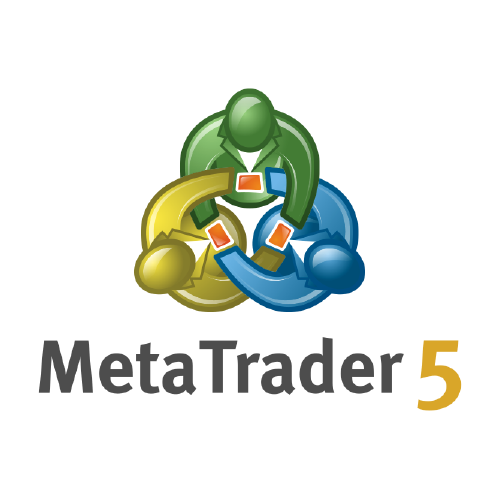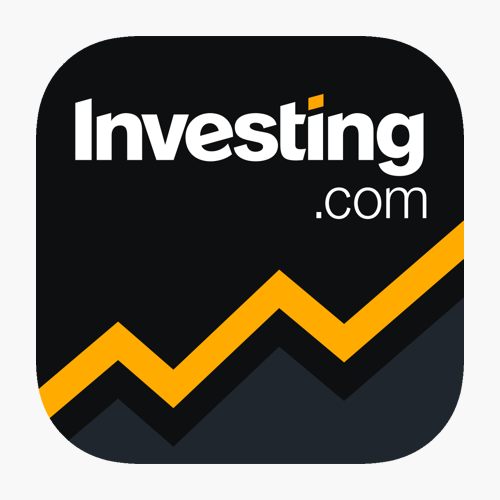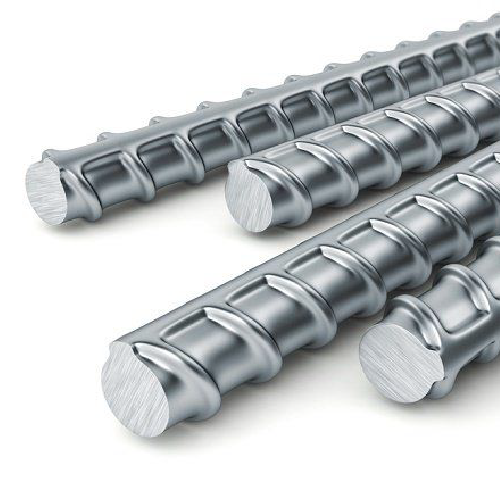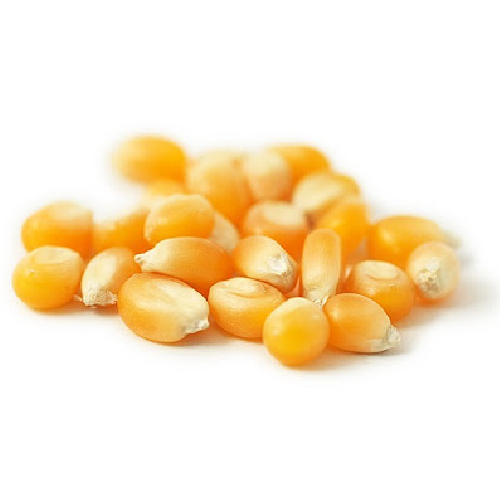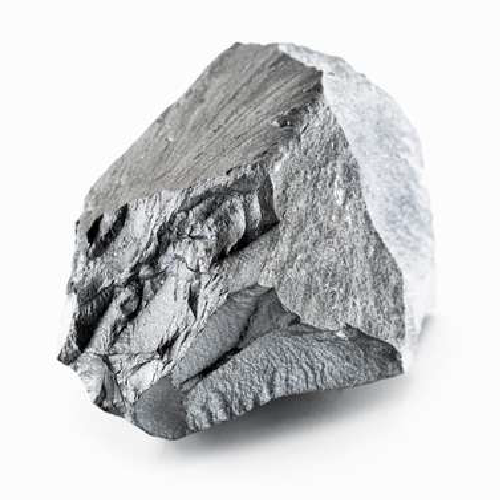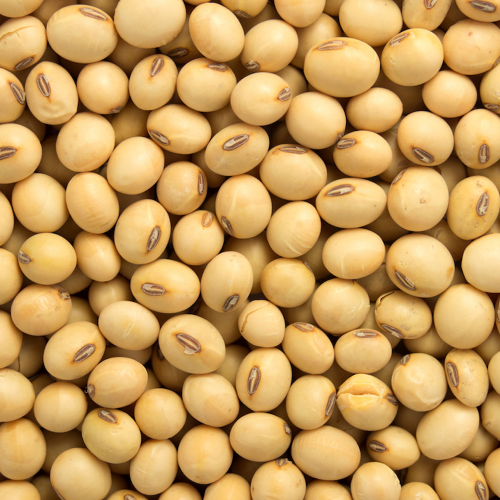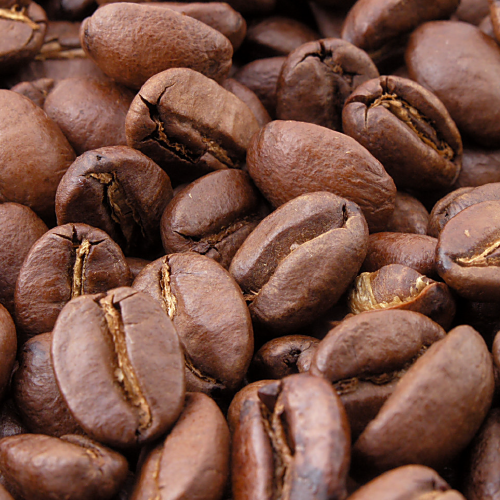Cash markets are also known as spot markets because their transactions are settled “on the spot.”
What Is a Cash Market?
A cash market is a marketplace in which the commodities or securities purchased are paid for and received at the point of sale. For example, a stock exchange is a cash market because investors receive shares immediately in exchange for cash.
Cash markets are also known as spot markets because their transactions are settled “on the spot.” This can be contrasted with derivatives markets such as the futures market, where buyers pay for the right to receive a good, such as a barrel of oil, at a specified date in the future.
The cash market should not be confused with the money market, which involves trading in cash equivalents (i.e. very short-term debt instruments) such as Treasuries and commercial paper.
KEY TAKEAWAYS
- In a cash (spot) market, purchasers take immediate possession of goods at the point of sale.
- This can be contrasted with derivatives markets, where investors purchase the right to take possession at some future date.
- Stock exchanges are considered cash markets because shares are exchanged for cash at the point of sale.
Understanding Cash Markets
Cash markets can take place either on a regulated exchange, such as a stock market, or in relatively unregulated over-the-counter (OTC) transactions. While regulated exchanges offer institutional protections that can protect against counterparty risks, OTC markets allow the parties involved to customize their contracts. Futures markets are conducted exclusively on exchanges, while forward contracts—typically used in foreign exchange (FX) transactions—are traded on OTC markets.
Sometimes, the line between cash markets and futures markets can get blurred. For example, stock exchanges like the New York Stock Exchange (NYSE) are mostly cash markets, but they also facilitate trading of derivative products which are not settled on the spot. Therefore, depending on the underlying assets being traded, the NYSE and other exchanges can also operate as a futures market.
Whether an investor chooses to transact on a cash market or a futures market will depend on their unique needs. For example, an industrial company that needs oil to fuel its production processes might purchase barrels of oil on a cash market and take physical delivery at the point of sale. By contrast, that same company might wish to hedge against the risk that oil prices will rise in the following years. To do so, it might purchase futures contracts for oil, in which case no physical barrels of oil would exchange hands at the time of sale.
Spot Price
The current price of a financial instrument is called the spot price. It is the price at which an instrument can be sold or bought immediately. Buyers and sellers create the spot price by posting their buy and sell orders. In liquid markets, the spot price may change by the second, as orders get filled and new ones enter the marketplace.
Financial Trading is not suitable for all investors & involved Risky. If you through with this link and trade we may earn some commission.
Special Considerations
Many commodities have active cash markets, where physical spot commodities are bought and sold in real-time for cash. FX also has cash currencies markets, where the underlying currencies are physically exchanged following the settlement date. Delivery usually occurs within two days after execution as it generally takes two days to transfer funds between bank accounts. Stock markets can also be thought of as spot markets, with shares of companies changing hands in real-time.
In deciding between cash and derivatives markets, investors will also consider the costs of transacting in each marketplace. For most commodities, the cost of purchasing that commodity in the spot market is lower than its cost in the futures market. This is because there are costs associated with taking physical possession of the commodity, such as storage costs and insurance.
Although a vast amount of transactions take place on cash markets worldwide, a far larger quantity of transactions take place on futures markets. This is mainly due to the various derivative markets, which have become increasingly large and liquid in recent years.
Example of a Cash Market
ABC Foods is a manufacturing company that uses wheat in several of its food products. Rather than cultivating wheat directly, ABC relies on the cash market to provide its wheat supplies. It purchases large amounts of wheat each month from farmers, paying for those goods in cash and stockpiling them in its warehouses.
In addition to its cash-market purchases, ABC also uses forward contracts to secure the right to purchase wheat at predetermined prices in the future. In these situations, ABC does not take possession of the wheat at the point of sale. These transactions take place on an OTC basis between ABC and a specific counterparty, such as a food broker or a specific wheat producer.
Advantages and Disadvantages of Cash Markets
The cash market price is the current quote for immediate purchase, payment, and delivery of a particular commodity. This is incredibly important since prices in derivatives markets, such as for futures and options, will inevitably be based on these values.
Cash markets also tend to be incredibly liquid and active for this reason. Commodity producers and consumers will engage in the spot market and then hedge in the derivatives market.
Pros
- Real-time prices of actual market prices
- Active and liquid markets
- Can take immediate delivery, if desired
Cons
- Taking physical delivery in many cases is not desired
- Not suited for hedging
A disadvantage of the cash market, however, is taking delivery of the physical commodity. If you buy spot pork bellies, you now own some live hogs. While a meat processing plant may desire this, a speculator probably does not.
Another downside is that cash markets cannot be used effectively to hedge against the production or consumption of goods in the future, which is where derivatives markets are better-suited.
Financial Trading is not suitable for all investors & involved Risky. If you through with this link and trade we may earn some commission.
Myanfx-edu does not provide tax, investment or financial services and advice. The information is being presented without consideration of the investment objectives, risk tolerance, or financial circumstances of any specific investor and might not be suitable for all investors.





